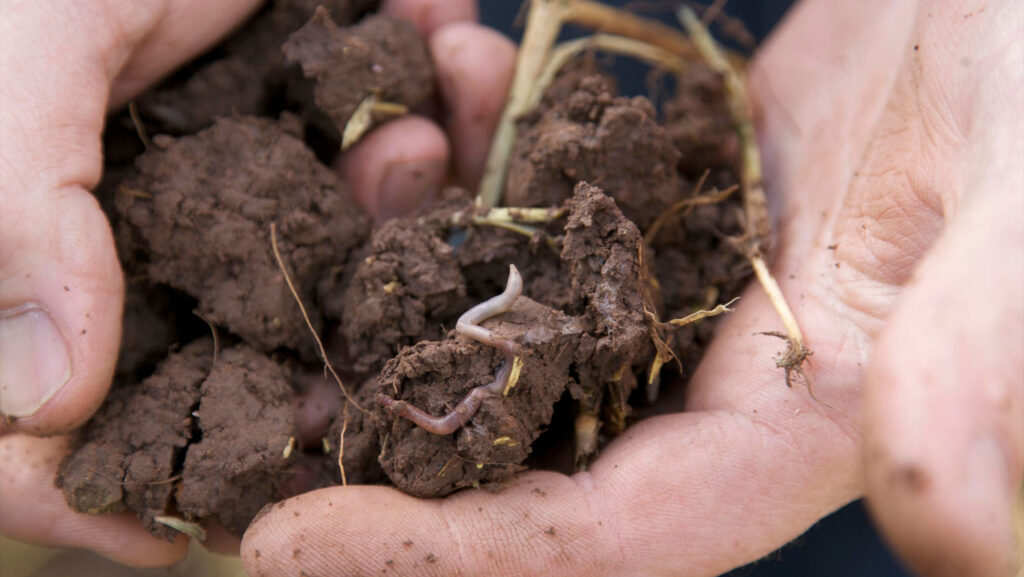Environmental baselining project pushes forward on GB farms
 © Tim Scrivener
© Tim Scrivener Livestock and arable farms across England, Scotland, and Wales will begin taking carbon measurements in December as part of an industry-leading baselining project.
The AHDB are working alongside Quality Meat Scotland (QMS) to quantify the environmental impact of GB farms and has selected 170 farm businesses to be involved in the pilot phase.
AHDB has committed to an initial investment of £2.5m, with a further £375,000 of funding being offered up by QMS, and plans to create a nationwide standardised data set.
See also: How industry is baselining emissions on farm
Light Detection And Ranging (Lidar) scanning is due to begin imminently with specialist firm Bluesky using drones and planes to measure carbon stocks and identify water run-off areas.
Travis Mayne of Bluesky said: “Lidar scanning provides detailed and accurate terrain data by measuring the height of both the terrain and any above-ground features such as hedges and trees.”
Environmental impact
“The range and depth of the data is a unique aspect of the Environment Baselining Pilot, presenting the 170 farms with information about their land which will bring new insights into its environmental value and impact.”
AHDB environment director Chris Gooderham added that the start of Lidar measurements marked an important first step in beginning to understand the environmental credential of the farms taking part.
Tom Gibson, director of business development at QMS, said: “35 farms across various regions in Scotland are represented as part of this landmark pilot offering farming businesses accurate insight into their net carbon position, including carbon sequestration potential.”
Full carbon audits and soil testing are also planned to get under way on farms in the new year.
Carbon numbers
Sam Ward, director at Lincolnshire Pork Co, said: “We applied to be a baselining farm because we are keen to put an actual number on the amount of carbon that our farm stores.
“Being a pig business, we know our emissions are likely to be positive, but we are on the journey to reducing our emissions and this baselining is a key part of that.
“We hope to get in-depth measurements about our farm’s carbon sink, and to identify a road map going forwards of what more we can do as a business.”
Yorkshire cereals and oilseeds grower Rob Meadley said: “I really wanted to get a better understanding of where our farm is in terms of environmental credentials.
“I hope in the future there will be a premium for food produced in an environmentally sustainable way for which we need to know the baseline to measure any improvements.
“I really want to get a handle on the figures behind what we are doing and plan to do on the farm.”
